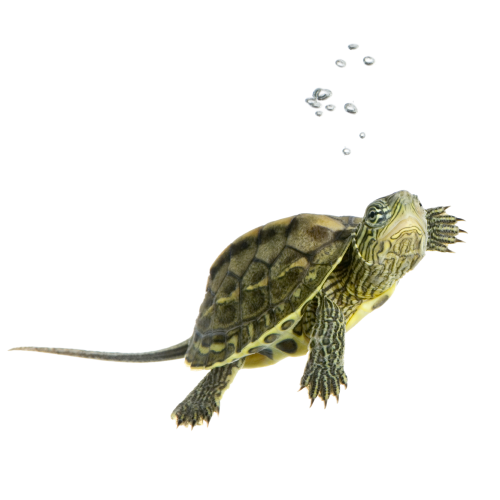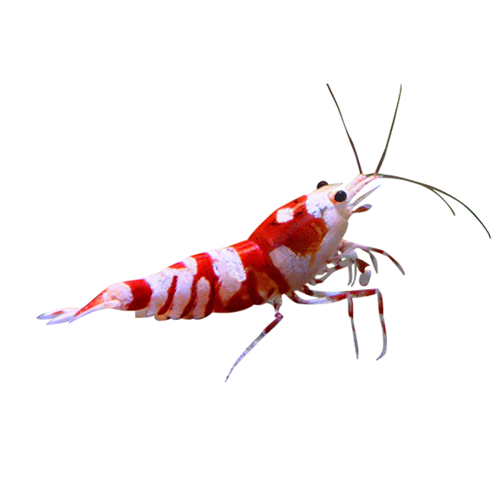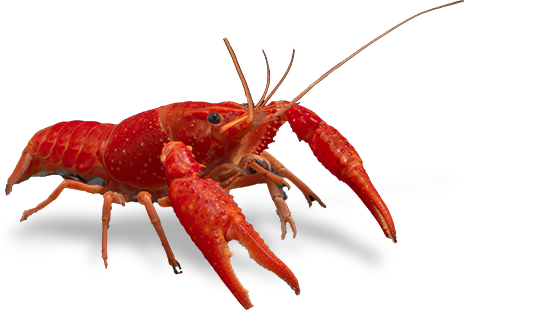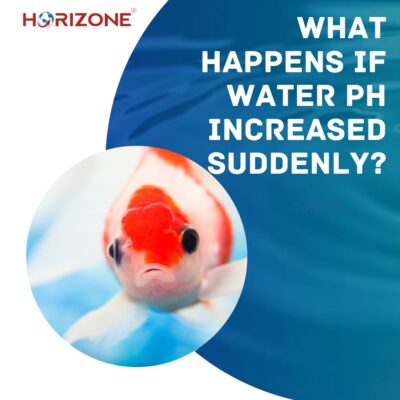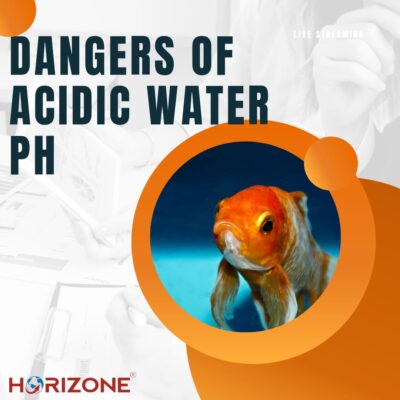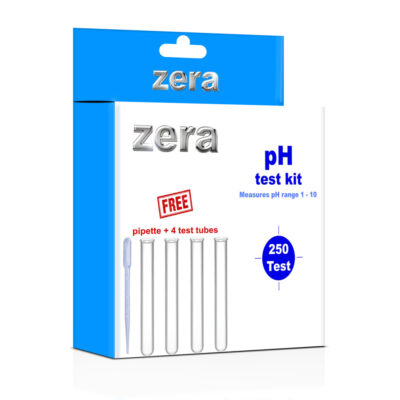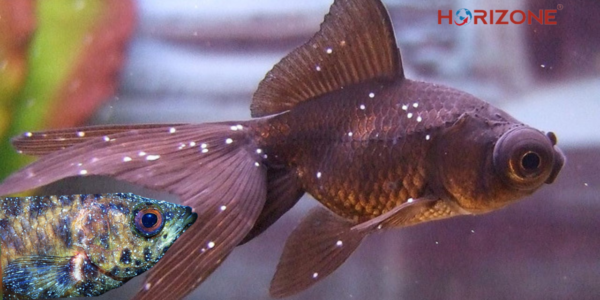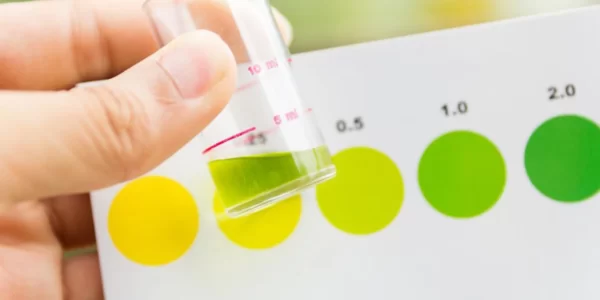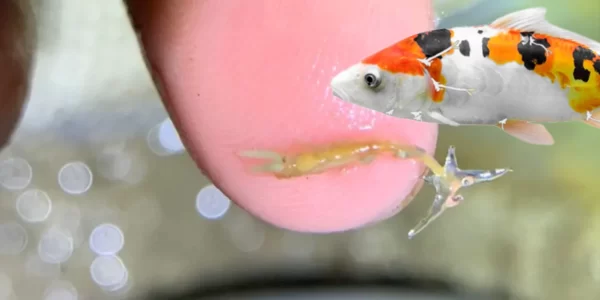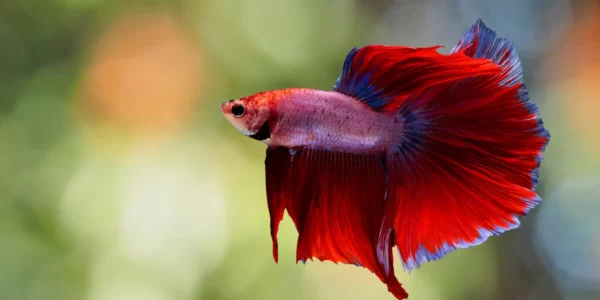What is pH?
pH means “power” of “Hydrogen” which measures how much acidic or basic the water is.
Water: H2O is composed of [H+]-proton and [OH-] hydroxide ions. pH is really a measure of the relative amount of free hydrogen and hydroxyl ions in the water. When the amount of [H+] in the water increases, water becomes more acidic and when the hydroxide ion increases, water becomes basic. When they are equally present water will be neutral. pH ranges from 0 to 14, with 7 being neutral. pHs less than 7 are acidic while pHs greater than 7 are alkaline (basic).
What is the importance of pH in the aquarium water?

We are creating an aquarium world by introducing many fishes, invertebrates and plants who are having their own living habitat in nature, so in order to provide the best living atmosphere for them, it is our duty to maintain their natural requirements even in the artificial setup.
Along with maintaining correct pH and temperature ranges, it’s also very important to maintain a stable environment. Acute changes in the pH and temperature can harm the fish even to a fatal level.
So as a dutiful aquarium hobbyist, it is an important duty to understand these measures and maintain them properly.
What is the best pH for fish?
There is no single value pH that suits every aquarium fish. pH values for aquarium changes according to the living organism inhabiting it. Sometimes we are introducing more than one item, who are living in different habitats into a single aquarium world, in such times we can select an optimum pH in which all the types of living organisms can inhabit comfortably.
Generally, we could tell that most of the freshwater tropical fishes do best at 6.8-7.8, but this also can be varied from fish to fish.
Cichlids
- Malawi African cichlids -7.4-7.9
- Victorian African cichlids-7.4-7.9
- Tanganyikan African cichlids 8-9
- South American cichlids-6.5-7.4
Guppies – 7 or more
They also like hard water rich in
calcium, magnesium and other
essential minerals.
- Angelfish:6.5-7
- Goldfish 7-7.5
- Neon tetra 5.8-6.2
- Tiger barb 6-6.5
- Mollie 7.5-8.5
- Common carp 7.5-8
- Shrimp 7.5-9
- Harlequin rasbora 6-6.5
- Gaurami 6.8-7.8
- Oscar 6-7.5
- Platy 7-8
- Zebra danio 6.5-7.2
- Serpae tetra 5-7.8
- Panda corydoras 6-7
- Pea puffer 7-8
- German blue ram 6-7
Maintenance of pH
Natural processes in the aquarium constantly affect the pH of water. Metabolic products like carbon dioxide, nitrates etc can lower the pH of your aquarium. But when they get absorbed by the aquarium plants, water, and pH increase.
Using calcium-rich rocks and gravels in the aquarium, which will be dissolved in the water slowly and causes raise in the pH level.
What happens if pH increases suddenly?
Two unit change in pH = 100 times increase or decrease in hydrogen ions. Therefore acute changes of even one unit of pH can harm the fish to a very large extent.
* alkaline water can damage the slime coat on the fish which is one of the most important protective mechanisms of fish to ward off bacteria and parasites.
* alkaline water can increase the toxicity of ammonia by reacting to it, which can lead to ammonia toxicity and poisoning and as a result severe ammonia burns and sometimes it can result in the death of fish.
* increase in the pH will promote the growth of algae in the water, which will first help to reduce the ammonia and other metabolic products by absorbing but eventually it will lead to increased oxygen demand which will lead to decreased supply for fish, the algal bloom can block the light to the aquarium, and eventually when they die of the scarcity of nutrients and gases, decomposition of algae itself increase the ammonia and nitrates toxicity in the water, bacteria level can also be increased.
Dangers of lowering aquarium water pH
* Acidic pH causes excessive growth of algae like a wildfire. This excessive growth can deteriorate the supply of fish and retard their growth.
* sludges in the aquarium will be accumulated which can prevent water flow, block the tank filter, add a bad smell to your tank, and in turn it can increase stress.
* low pH can reduce fish’s ability to swim, eat, reproduce and grow.
That is it can lower the overall ability of a fish to survive.
* it is very difficult for fish to absorb oxygen in acidic water, which will lead to poor performance of fish.
Fish will be sleepy all the time and either remain in the periphery or bottom all the time without showing much performance.
Since every fish shows maximum growth and fertility in their optimal conditions and shows retardation in their growth when these conditions change acutely and drastically, it is very important to check these measures periodically.
Systematic monitoring of aquarium water conditions will help you to reduce the stress and harmful toxicities, which will definitely be one of the mainline safety measures we can assure for our beautiful ones.
In order to provide the easiest and fastest method to measure the pH at any time and course, we, the Horizone family present the “ultra-fast and accurate” “ Zera pH test kit“. When Zera is there, pH testing is no longer a task.


